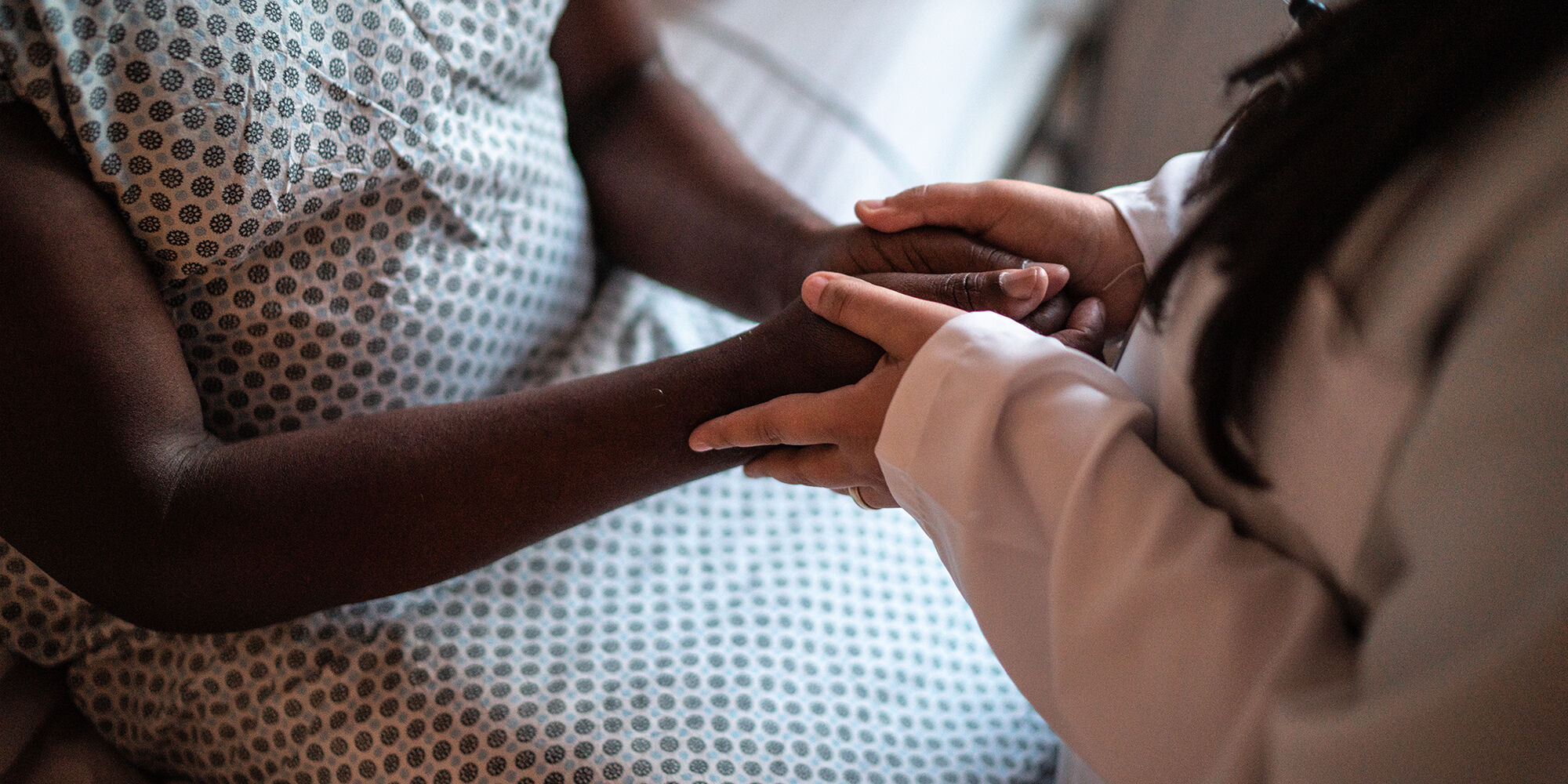Most people would consider the office a safe space. It’s where we get to work alongside like-minded people in a positive, inclusive environment out of harm’s way.
Sarah believed it was… Until an incident caused her to believe it wasn’t.
One afternoon, she was attacked by a disgruntled co-worker who was upset about being transferred to another location. Sarah neither had fault nor involvement, but her co-worker was putting the blame on her. The co-worker confronted her in a hallway and dragged Sarah across the floor by her hair while punching her repeatedly. With no intention to retaliate, Sarah took every blow until the co-worker ultimately ran off. By the end of it, Sarah was left curled in a fetal position on the ground, bearing multiple bruises and wounds.
Sarah’s physical injuries were immediately given medical attention. Thankfully, she did not incur any long-term impairments or disabilities.
Being the positive person she was, Sarah was determined to move forward from the incident. But the road ahead was going to be tough for it was in the months following the attack that she would experience a much greater kind of pain.
In the ensuing investigation, Sarah was forced to repeatedly relive the trauma as investigators badgered her day after day with questions on how the events unfolded. The whole process was emotionally taxing and it began to take a toll on her mental health. Four months after the incident, she was depressed, anxious, and couldn’t bring herself to go to work any longer.
While Sarah’s physical injuries were healed, it was the repeated reopening of old wounds that would cause severe emotional and mental repercussions. With her psychological well-being far from well, what she truly needed was someone who could give her support and reassurance so she could find her motivation again.
Thankfully, Sarah was going to be in the best hands, as Broadspire field nurse case manager Theresa Young took her case under her wing.
A focus on psychological well-being
With 10 years of experience in the case management industry, Theresa understood exactly what Sarah needed. “Injured workers experience a lot of stress not just physically, but also mentally. That’s why actively listening to them is such a crucial part of getting them the right care,” she said. “Their whole life has been turned upside down and what they need is someone who will actively listen and expedite the best care possible. By validating their feelings and their experience, they can feel that someone is there to support them and help them get through this extremely challenging part of their lives.”
Theresa immediately got to work. After speaking with both Sarah and her primary care doctor, she understood that Sarah did not only need psychiatric medication, but also a mental health professional who could help her process the feelings around her trauma. Theresa coordinated weekly telephonic consultations with a psychologist while the employer was advised to no longer ask Sarah about the incident. Theresa also made herself available for calls whenever Sarah had any questions or needed someone to talk to.
“Just knowing that someone will be around to answer their phone call means so much to injured workers,”
Theresa explained. “I told her, ‘If you call me and you get my voicemail, I promise I will call you back as soon as I can.’ That reassurance alone speaks volumes and helps address any feelings of being out there all alone.”
After less than two and a half weeks, Sarah found her motivation and felt ready to come back to work. “There were moments that she would tell me she would feel a little anxious again,” Theresa shared, “so I continued to support her as she went through this journey of finding her footing. In each call, we would go through recommendations given by her psychologist. She also had a new co-worker who was very supportive and expressed willingness to get their tasks done together.”
Throughout the whole process, Sarah expressed how happy she was with the support and how safe she felt when talking to Theresa. It was indeed what she needed to fully recover from the incident. “It made me happy knowing I’m able to make a difference,” Theresa stated. “It gave me a sense of fulfillment seeing how the support and care I provided helped her move forward.”
Finding success through empathy and early intervention
Workplace injuries are not just limited to broken bones, musculoskeletal disorders, and other physical manifestations. Psychological or mental injuries, whether primary or secondary, equally require immediate support and attention from employers and case managers. “People might not realize the importance of getting involved early in this aspect of the case, but it really does matter,” Theresa said as she urged employers to send their claims at the time of the incident.
Sarah’s situation was an example of how effective case management and an empathy-based advocacy approach truly makes an impact on an injured worker’s road to recovery. “We get various kinds of challenging claims, but listening actively, providing the reassurance that we care, acting with empathy, and championing injured worker advocacy prove to constantly be key in turning around a file,” Theresa said. “I’ve seen it time and time again: the best outcomes are a result of giving injured workers the support they need – physically, mentally, and emotionally – as soon as we can.”





